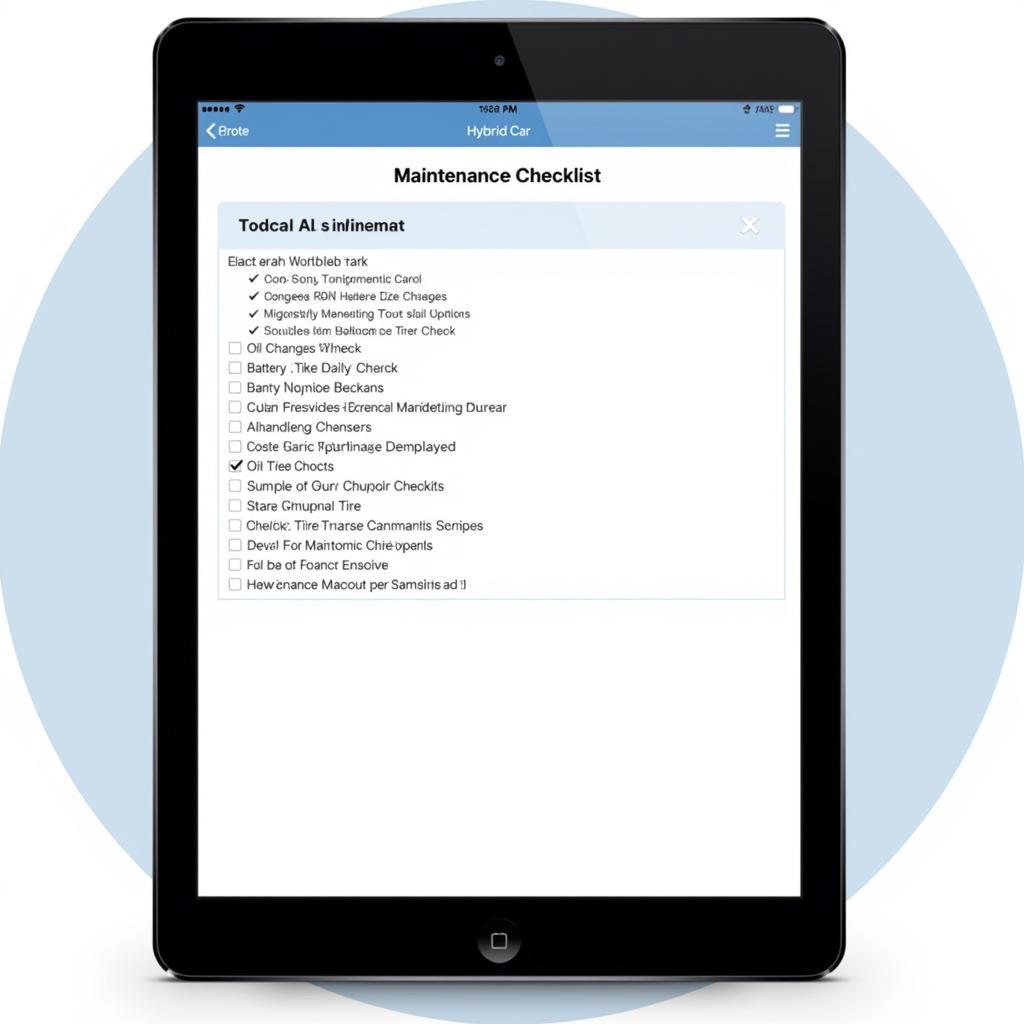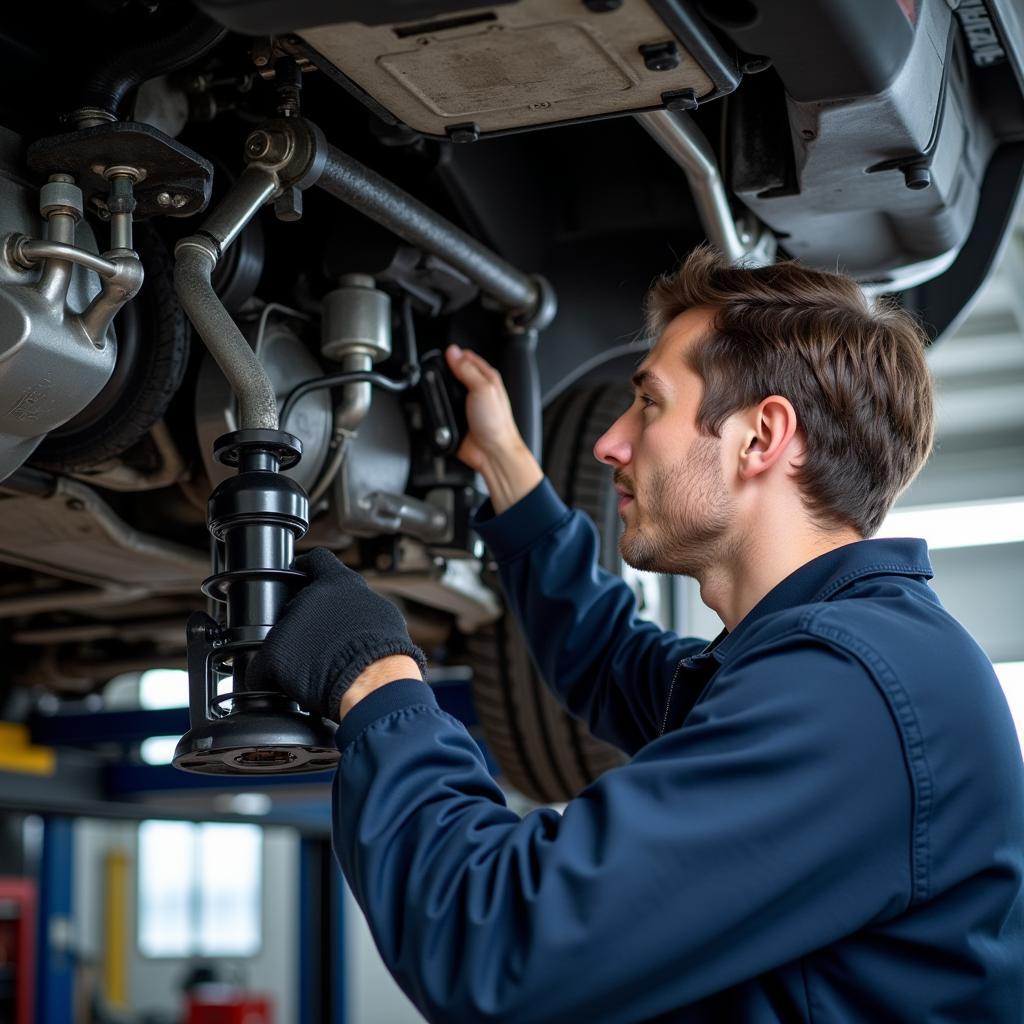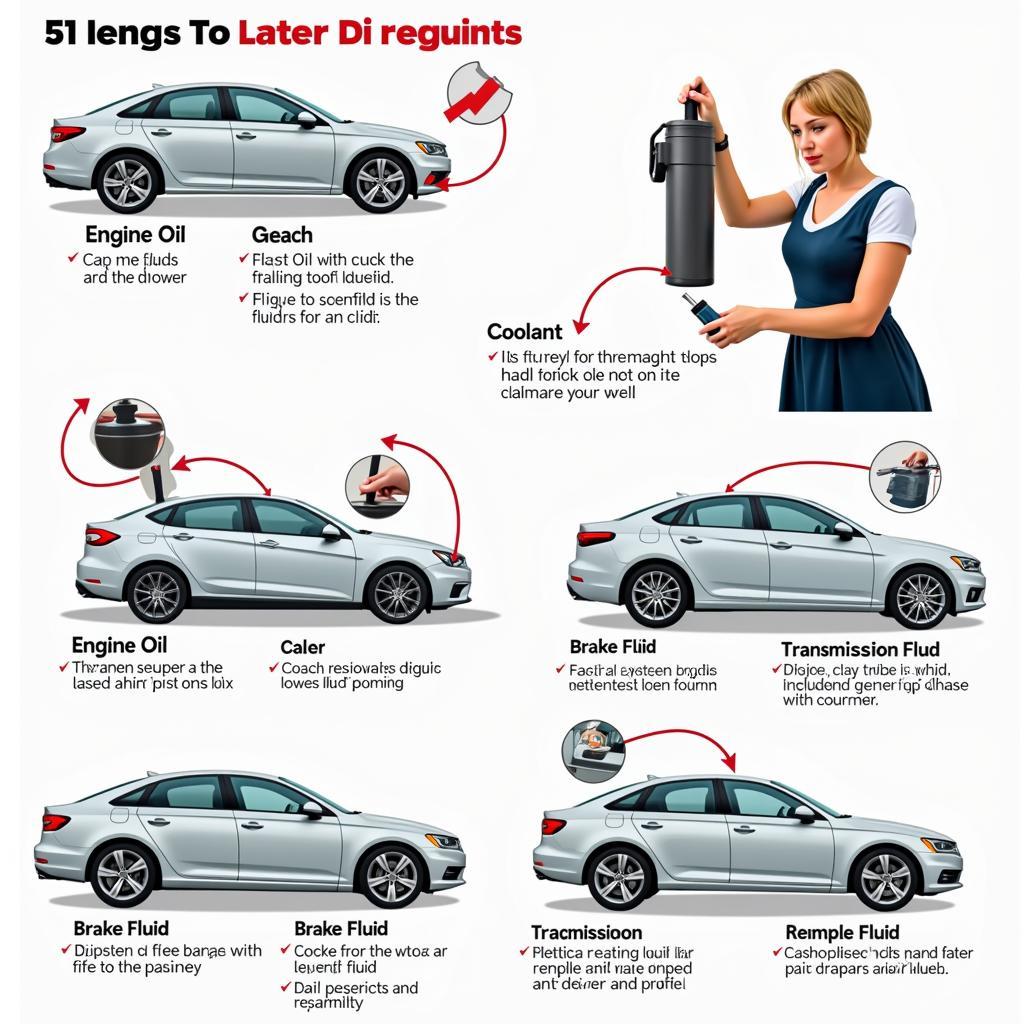Hybrid Car Maintenance: Costs, Savings, and Expert Tips
Hybrid cars are becoming increasingly popular, and for good reason. They offer a number of benefits over traditional gasoline-powered vehicles, including better fuel economy, lower emissions, and a more enjoyable driving experience. But what about the cost of maintaining a hybrid car? In this comprehensive guide, we’ll delve into the average annual maintenance cost of hybrid cars, exploring key factors, common expenses, and tips for saving money.
Understanding the Costs of Maintaining a Hybrid Car
The cost of maintaining a hybrid car can vary depending on several factors, such as the make and model of the vehicle, its age, driving habits, and local repair shop rates. However, there are some general trends to consider:
Initial Investment: Higher Than Conventional Cars
While hybrid cars offer long-term savings on fuel, the initial purchase price tends to be higher than that of traditional gasoline-powered cars. However, this difference can be offset by government incentives and lower fuel costs over time.
Routine Maintenance: More Complex but Not Necessarily More Expensive
Hybrid cars require routine maintenance similar to gasoline-powered vehicles, including oil changes, tire rotations, and brake pad replacements. However, they also have additional components like the hybrid battery, electric motor, and regenerative braking system that require specific attention.
Battery Replacement: A Significant Expense
The hybrid battery is the most expensive component to replace, and its lifespan can vary depending on factors such as driving habits and climate conditions. While it can last for 10 years or more, it’s essential to factor in the potential cost of battery replacement when considering the overall maintenance cost.
Common Maintenance Costs for Hybrid Cars
Here’s a breakdown of some of the common maintenance costs associated with hybrid cars:
- Oil Changes: Hybrid cars still require oil changes, but the intervals may be longer due to the regenerative braking system reducing engine wear.
- Brake Pads and Rotors: Hybrids use regenerative braking, which reduces wear on brake pads and rotors, leading to longer intervals between replacements.
- Battery Replacement: The hybrid battery is a key component and its replacement can be expensive, but it is often covered under warranty for several years.
- Electric Motor Maintenance: While electric motors are generally robust, they might require repairs or replacements, although this is less frequent than other components.
- Cooling System Maintenance: Hybrids have a more complex cooling system to manage both the gasoline engine and the electric motor, requiring regular checks and maintenance.
 Car maintenance checklist on a digital tablet
Car maintenance checklist on a digital tablet
How to Minimize Maintenance Costs
Here are some tips for keeping maintenance costs in check:
- Follow the Manufacturer’s Recommendations: Always refer to your owner’s manual for recommended maintenance schedules and procedures.
- Use High-Quality Parts: Opt for genuine parts or reputable aftermarket brands when replacing components.
- Find a Reputable Repair Shop: Choose a repair shop specializing in hybrid vehicles and with experienced technicians.
- Maintain Good Driving Habits: Avoid aggressive driving and follow recommended speed limits to minimize wear and tear.
- Consider Extended Warranties: Check for extended warranties that cover hybrid components, especially the battery.
Expert Insights on Hybrid Car Maintenance
“Maintaining a hybrid car is generally similar to a gasoline-powered vehicle, but there are some crucial differences,” says [Expert Name] from [Company Name], a leading automotive service provider. “Understanding these differences and adhering to the manufacturer’s recommendations can help minimize costs and ensure your vehicle’s performance and longevity.”
“Remember, the cost of maintaining a hybrid car can be significantly influenced by your driving habits,” notes [Expert Name]. “By practicing fuel-efficient driving techniques, you can extend the life of your hybrid battery and reduce the overall maintenance cost.”
 Mechanic inspecting hybrid car in a garage
Mechanic inspecting hybrid car in a garage
FAQs About Hybrid Car Maintenance
- How often should I get my hybrid battery checked? It’s generally recommended to get your hybrid battery checked every 12 months or 12,000 miles, whichever comes first.
- What is the lifespan of a hybrid battery? Hybrid batteries typically last between 8 and 10 years, but it can vary depending on driving habits and climate conditions.
- Is it more expensive to repair a hybrid car than a gasoline-powered car? Some hybrid repairs can be more expensive due to the specialized components, but the overall maintenance cost can be lower due to better fuel efficiency and reduced engine wear.
- Can I replace my hybrid battery myself? It is not recommended to replace your hybrid battery yourself as it requires specialized tools and knowledge. It’s best to leave it to a qualified technician at a reputable repair shop.
Conclusion
While there are some unique considerations involved in maintaining a hybrid car, it is generally similar to owning and maintaining a traditional gasoline-powered vehicle. By following the manufacturer’s recommendations, practicing good driving habits, and choosing a reputable repair shop, you can minimize maintenance costs and ensure your hybrid car stays in top condition for years to come.
For more information or assistance with your hybrid vehicle’s maintenance, reach out to us at AutoTipPro at +1 (641) 206-8880 or visit our office at 500 N St Mary’s St, San Antonio, TX 78205, United States. We are here to provide expert guidance and solutions for all your automotive needs.





Leave a Reply